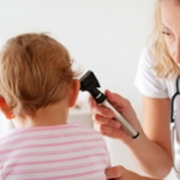
Article at a glance: The percentage of babies who get an ear infection has dropped in the last 20 years. Doctors believe the decrease is due to the introduction of the pneumococcal conjugate vaccine, flu vaccines, an increase in breastfeeding, and a decrease in smoking. According to a recent study, fewer babies are getting ear … Continue reading “Drop in ear infection rates attributed to vaccines, breastfeeding, and a reduction in smoking”

Article at a Glance Keep things as familiar as possible by sticking to a routine and incorporating familiar toys, experiences, and foods. Keep your expectations and itinerary realistic. Find out ahead of time what special accommodations may be available for your child at amusement parks, attractions, and the airport. At first, taking a family … Continue reading “10 travel tips for children with autism”
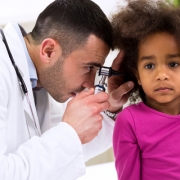
Article at a glance: Common signs of an earache or ear infection include tugging on the ears, fever, fussiness, or ear pain. Your pediatrician is in the best position to diagnose an ear infection. Prevent ear infections by keeping your children up to date on their immunizations, avoiding secondhand smoke, breastfeeding your baby, and practicing … Continue reading “Does my child have an ear infection?”

If you don’t need antibiotics, play it safe. Learn when antibiotics can do more harm than good. Antibiotics work great on bacterial infections – shortening illnesses and saving lives. But most colds, flu, coughs, sore throats, and earaches are caused by viral infections. If you have a viral infection, an antibiotic won’t help and the … Continue reading “When taking an antibiotic can do more harm than good”
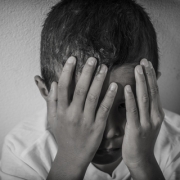
Article at a Glance Be aware of the signs of child abuse and be ready to take a stand. If you feel overwhelmed with parenting, talk to your pediatrician about available resources. Carefully screen and get to know the people who interact with your children. Educate your child on how to respond to and report … Continue reading “Child abuse – reducing the risk”

Article at a Glance Signs of child abuse include unexplained injuries, depression, anxiety, disinterest, and developmental regression. If you think that a child is being abused, contact the police or local child protective agency right away. If a child discloses abuse, let the child know that you are listening and that you believe him or … Continue reading “Would you recognize child abuse?”
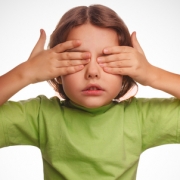
Article at a Glance Over 3 million cases of neglect and child abuse are reported each year involving more than 6 million children. Victims of abuse spend a lifetime battling problems like depression, substance abuse, and other emotional issues and mental disorders. Child abuse is likely to go unreported, so it is important for concerned … Continue reading “Child abuse – a hidden epidemic”
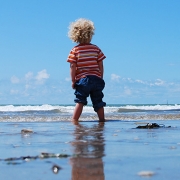
Article at a Glance There is no one perfect discipline method for all kids. Easier-to-manage toddlers show improved behavior when offered choices, compromise, and reasoning. Harder-to-manage toddlers show improved behavior when choices and reasoning are balanced with timeouts and lost privileges for non-compliance. Just like clothing, when it comes to disciplining your toddler, “one-size-fits-all” is … Continue reading “The most effective discipline strategies for toddlers”
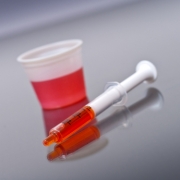
Article at a Glance
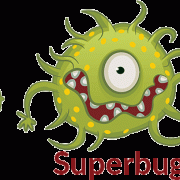
Did you know that taking antibiotics when you don’t need them poses one of the world’s most significant public health risks? Unfortunately, overusing antibiotics causes antibiotic resistance. This is when a strain of bacteria becomes resistant to the multiple types of antibiotics. These superbugs become harder to treat and much more dangerous. Diseases that were … Continue reading “Bugs are scary. Superbugs are even scarier.”